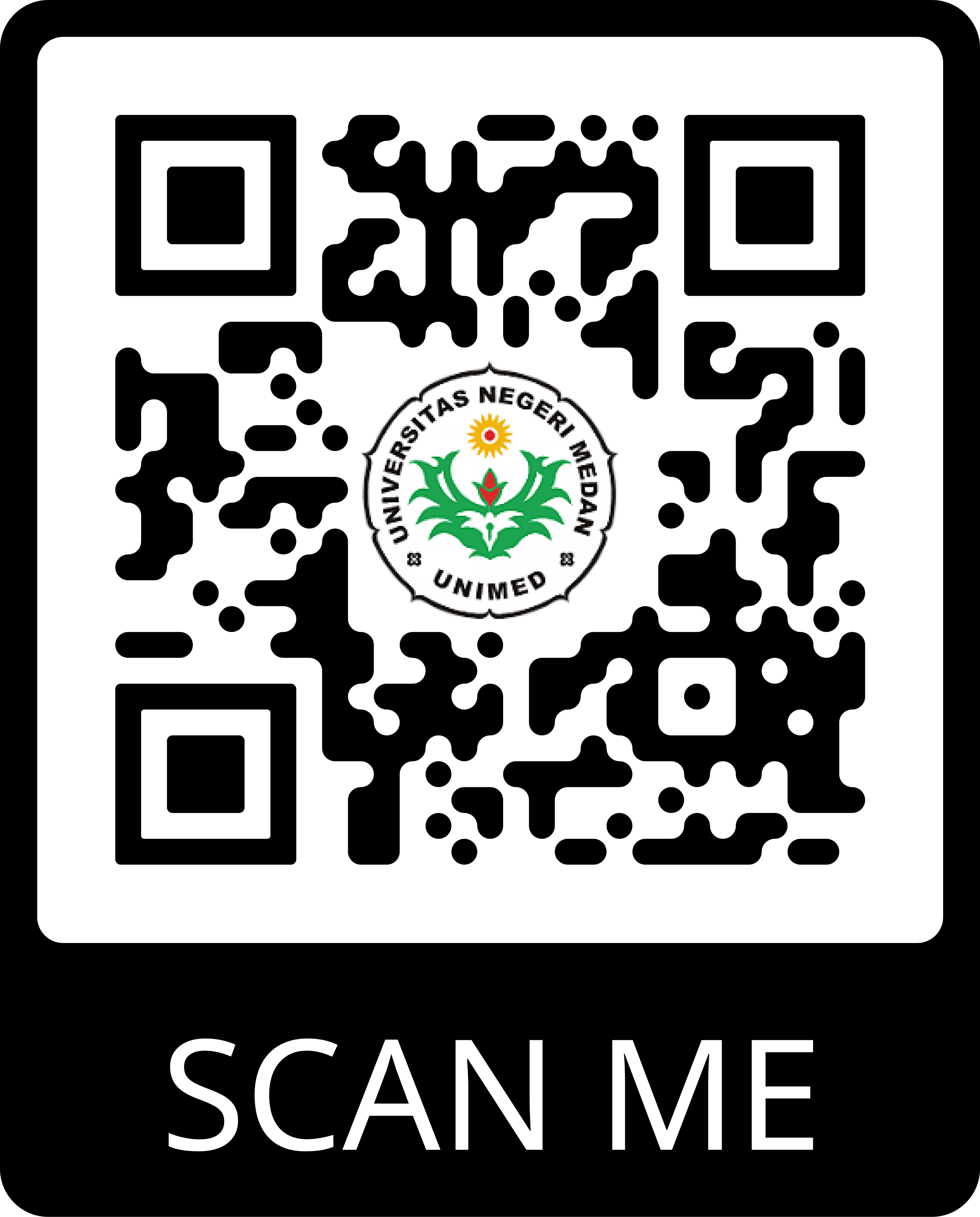DEVELOPMENT OF PHYSICS MODULE BASED ON AL-QUR’AN VALUES TO IMPROVE SPIRITUAL ATTITUDE
Abstract
Keywords
Full Text:
PDFReferences
Al - Tabany, T. I. (2014). Mendesain Model Pembelajaran Inovatif, Agresif, dan Kontekstual (Konsep, Landasan, dan Implementasinya pada Kurikulum 2013. Jakarta: Prenadamedia Group.
Arikunto, S. (2015). Basics of Educational Evaluation. Jakarta: Earth Literacy.
Baraja, A. A. (2009). Kauniyah verses. Malang: UIN Malang Press.
Branch, R. M. (2009). Instructional Design-The ADDIE Approach. New York: Springer.
Dwi, R. (2016). Module Preparation Techniques. Yogyakarta: Yogyakarta State University.
Jasmadi and Chomsin S. W. (2008). Guidelines for Developing Competency-Based Teaching Materials. Jakarta: PT Elex Media Komputindo.
Khalifah, R. (1998). Qur'an the Final Scripture. Arizona
Muliawan, J. U. (2005). Integrative Islamic Education. Yogyakarta: Student Library.
Nasution. (1992). Various Approaches in the Learning and Teaching Process. Jakarta: PT Bumi Akasara.
Nasr, S. H. (1970). Science and Civilization in Islam. New York: New American Library.
Nata, A. (2005). Integration of Religion and General Science. Jakarta : PT Raja Grafindo Persada.
Nurhadi. (2014). Development of Spiritual and Social Attitude Assessment Instruments in Integrated Science Learning. Language Journal
Purwanto. (2007). Module Development. Jakarta: Pustekom.
Putra, N. (2015). Research & Development, Research and Development: An Introduction. Jakarta: PT Raja Grafindo.
Sani, R. A. (2015). Science Based on the Quran. Jakarta: Earth Literacy
Sani, R. A., Arafah, K., Aziz, I., Tanjung, R., & Suswanto, H. (2020). Process Evaluation and Assessment of Learning Outcomes. Bandung: PT. Rosdakarya Teens
Sukmadinata, N. S. (2011). Educational Research Methods. cet. VII. Bandung: PT Pemuda Rosdakarya.
Sugiyono. (2012). Educational Research Methods. Bandung: Alphabeta.
Shihab, M. Q. (1998). Insights of the Qur'an (Mawdhu„i's Interpretation of Various People's Issues). Bandung: Mizan
Soliman, A. M. (1995). Scientific Trends In the Qur'an. London: Ta-Ha publshers Ltd.
Sungkono. (2003). Development and Utilization of Module Teaching Materials in the Learning Process. Yogyakarta. FIP UNY.
Suriyono. (2015). Teaching and Learning Techniques in CBSA. Jakarta: PT Rineka Cipta.
Sugiyono. (2016). Metode Penelitian Pendidikan . Bandung: Alfabeta.
Widoyoko, S. (2013). Evaluasi Program pembelajaran. Yogyakarta: Pustaka Belajar.
DOI: https://doi.org/10.24114/jpf.v12i2.38947
Article Metrics
Abstract view : 114 timesPDF - 120 times
Data citation
iya
Refbacks
- There are currently no refbacks.
Copyright (c) 2023 Nur - Igawati

This work is licensed under a Creative Commons Attribution 4.0 International License.
___________________________________________________________________________________________________________________________________________
Jurnal Pendidikan Fisika
p-ISSN : 2252-732X | e-ISSN : 2301-7651
Organized by The Magister of Physics Education Departement in State University of Medan in collaboration with Physical Society of Indonesia (PSI)
W: https://jurnal.unimed.ac.id/2012/index.php/jpf/index
E : jpfunimed@unimed.ac.id
rajo.hasim@gmail.com (principal contact)

_____________________________________________________________________________________________________________________________________________

This work is licensed under a Creative Commons Attribution 4.0 International License.





